Exit stage left
From the perspective of a screenwriter, a soprano and an audio engineer – how did COVID influence and change the arts sector?

While the world closed down around him, the global pandemic opened up the world for television writer, director and voice actor Tim Bain (TC 1997).
‘Animation went gangbusters during the pandemic,’ says Tim, the creator of kids’ action comedy Kangaroo Beach and writer on such hits as Bluey, PJ Masks and Fireman Sam. ‘It’s the format that can survive a pandemic.’
Spending his pandemic in Sydney, California and London, Tim says actors had their own home studios with microphone setups, and everything was delivered on schedule.
Live performance, however, was another story, says Australian opera singer Siobhan Stagg (TC 2011).
‘Along with tourism, performing arts was one of the hardest hit sectors, and the whole ecosystem seemed to grind to a halt in a number of days,’ says the Berlin-based soprano.
‘Usually, I’m booked three years in advance, and the engagements fell like dominos.’
London-based audio system engineer, writer and composer Vic Hofflin (TC 2015) agrees. Based in Melbourne when COVID struck, there was no JobKeeper [government assistance] and no certainty in the theatre world. ‘Everyone was on hold,’ she recalls. ‘After the first six-week lockdown, things were starting to open up in Sydney, but there was no sign of our industry returning.
‘As the first [industry] to close down, everyone expected we would be the last to come back. People said, “We can’t do what we do at home.”’
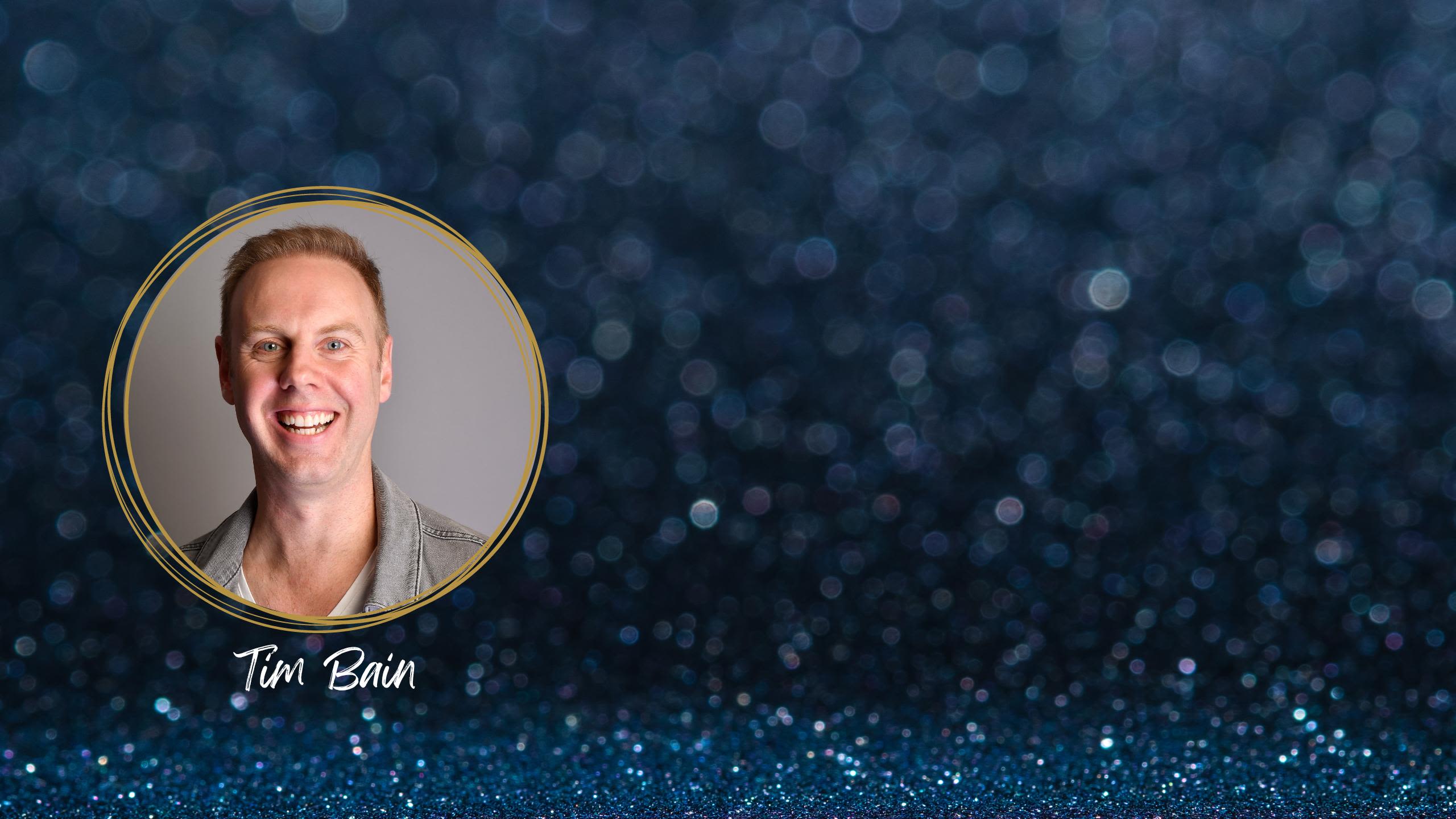
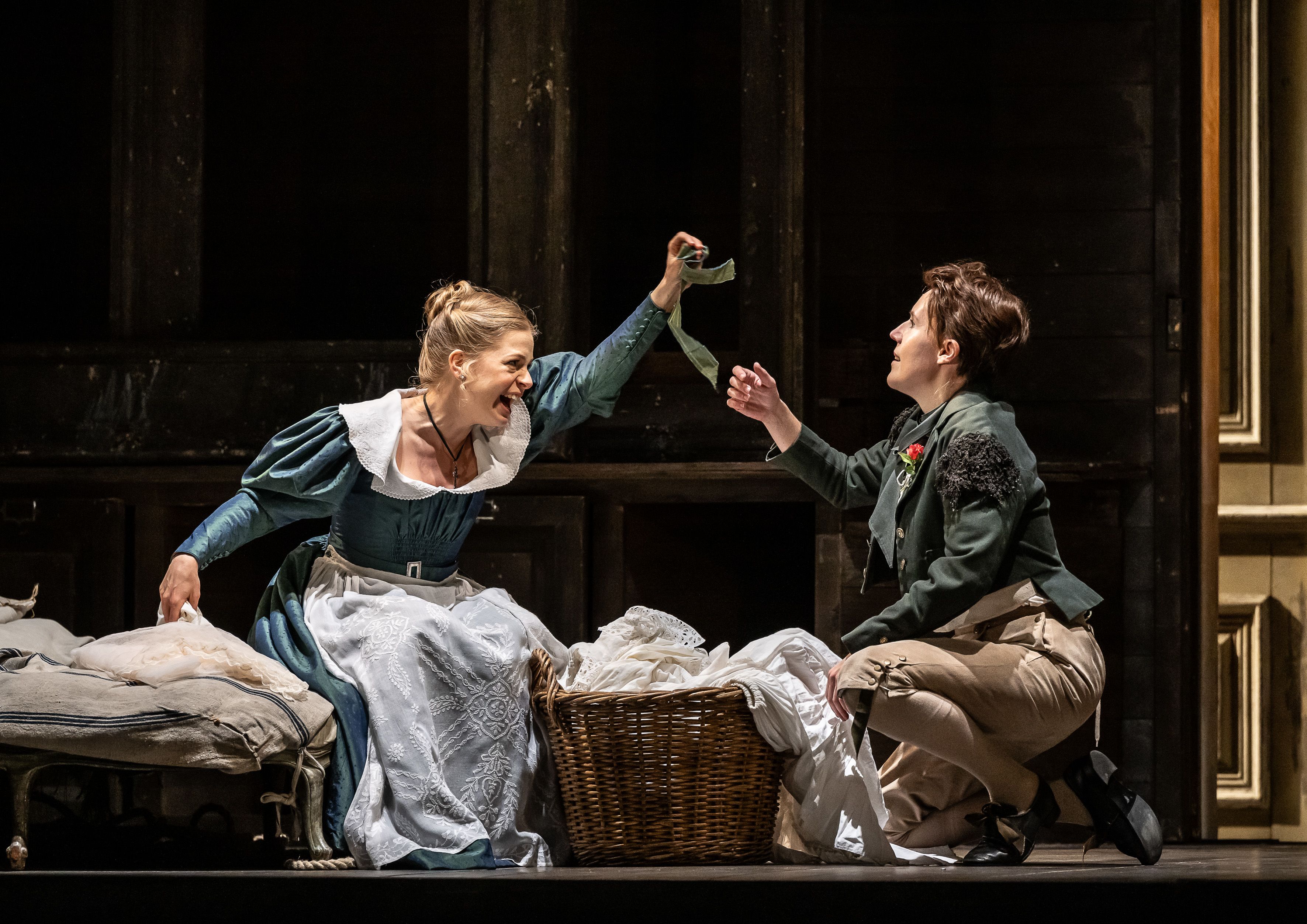
As the world closed
‘In February 2020, I was working in Italy and South Korea – two COVID hotspots – and managed to stay unscathed before flying to Australia,’ says Siobhan (pictured, playing Susanna in the The Marriage of Figaro).
‘I performed at the Adelaide Festival and had just arrived for concerts with the Sydney Symphony Orchestra when I got the call that they were cancelled. I didn’t even leave the airport, I just few straight home to Berlin to be with my husband [fellow Trinity graduate Nelson Yarwood].’
In the same month, Vic was working on the Harry Potter and the Cursed Child production in Melbourne.
‘I remember standing on the street with the team after a meeting and we got the call that said, “We’re done.” We said, ‘Well, I guess we should just go home...” It was one of those moments.’
Working in the COVID era
It was business as usual, for Tim … almost. ‘I always work from home anyway,’ he says, ‘but now my husband and three-year-old twins were home in Sydney with me.’
‘There weren’t many places kids could go in Sydney in lockdown, so our family banded together and made a five-minute trailer about a teddy-bear spy called Knee High Spies. It’s now being developed with the ABC and Werner Films.’
‘There was great funding to be had – the screen bodies in Australia really put out the support net for Australian artists,’ adds Tim, who was supported by Screen Australia to develop another new series, Princess Prime Minister, while the Australian Children’s Foundation provided funding for Knee High Spies.
Meanwhile in Germany, Siobhan felt a loss of identity for performance artists. ‘We were basically told we weren’t relevant to the system, and that can affect your psyche over the long term.
‘Many performers tried to live-stream and make recordings. It was better than nothing, but it’s not the same as gathering together with a live audience – that’s where the goosebumps happen.’
Eager to help, Siobhan released a lockdown anthem called 'Listen' about this topic and helped raise more than $40,000 for struggling Australian artists through a fundraising concert and via fellow soprano Nicole Car's Freelance Artist Relief Australia project.
She also completed a governance course and joined the Board of the Melba Opera Trust to stay active, even though she wasn’t on stage.
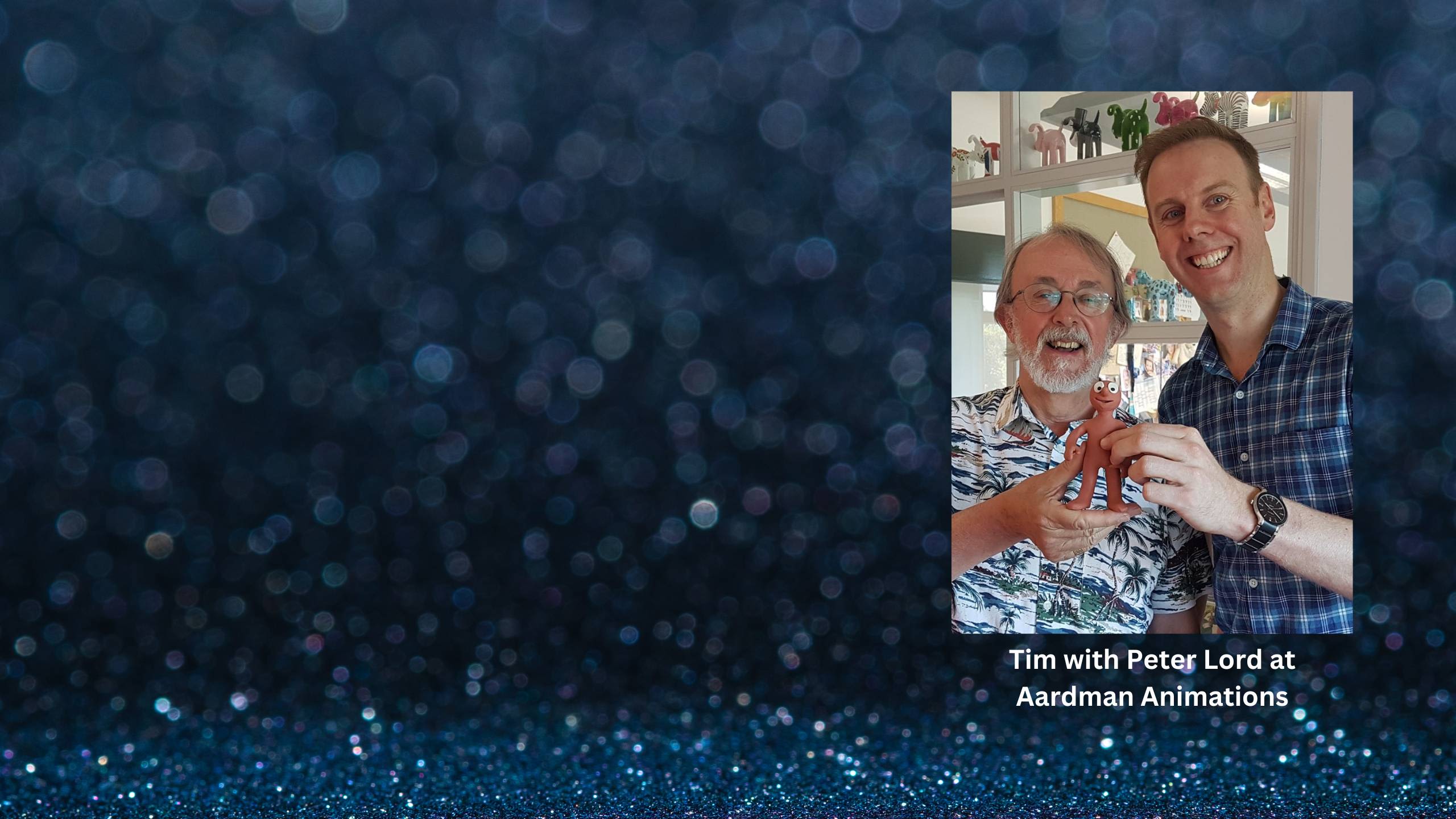
When the lockdowns began, Vic had already been accepted into a Master of Collaborative Theatre Production and Design at the Guildhall School of Music & Drama in London, to begin in August 2020. So she spent the first Australian lockdown with family in Sydney before emigrating to the UK to study.
'It was a great time to do a degree, though it was a nightmare to fly to London', she says, recalling signing a form at the airport that she would not return until there was a foreseeable end to COVID or conditions were no longer imposed. ‘I didn’t know when I’d get back home.’
However, the pandemic gave Vic unexpected access to interviewees on her thesis about women composers and sound designers in the musical theatre industry. ‘Everyone had time to talk to me about equality and pay; they were excited to talk about something other than COVID,’ she says.
Despite this, Vic, who is now the deputy head of audio on the mixed-reality concert sensation ABBA Voyage in London, found it incredibly hard to find inspiration for her writing. ‘There was nothing to write about, even though [the COVID era] was such a different experience. ‘A couple of us wrote a play and put it on, but we could have only three actors, spaced out on stage two metres apart, with no touching.’
‘It was my first time directing, and I thought, “This is a play about grief and intimacy, and yet they can’t touch each other. How do I do this?” It was a great challenge, as there was no other option but to work within the constraints.’
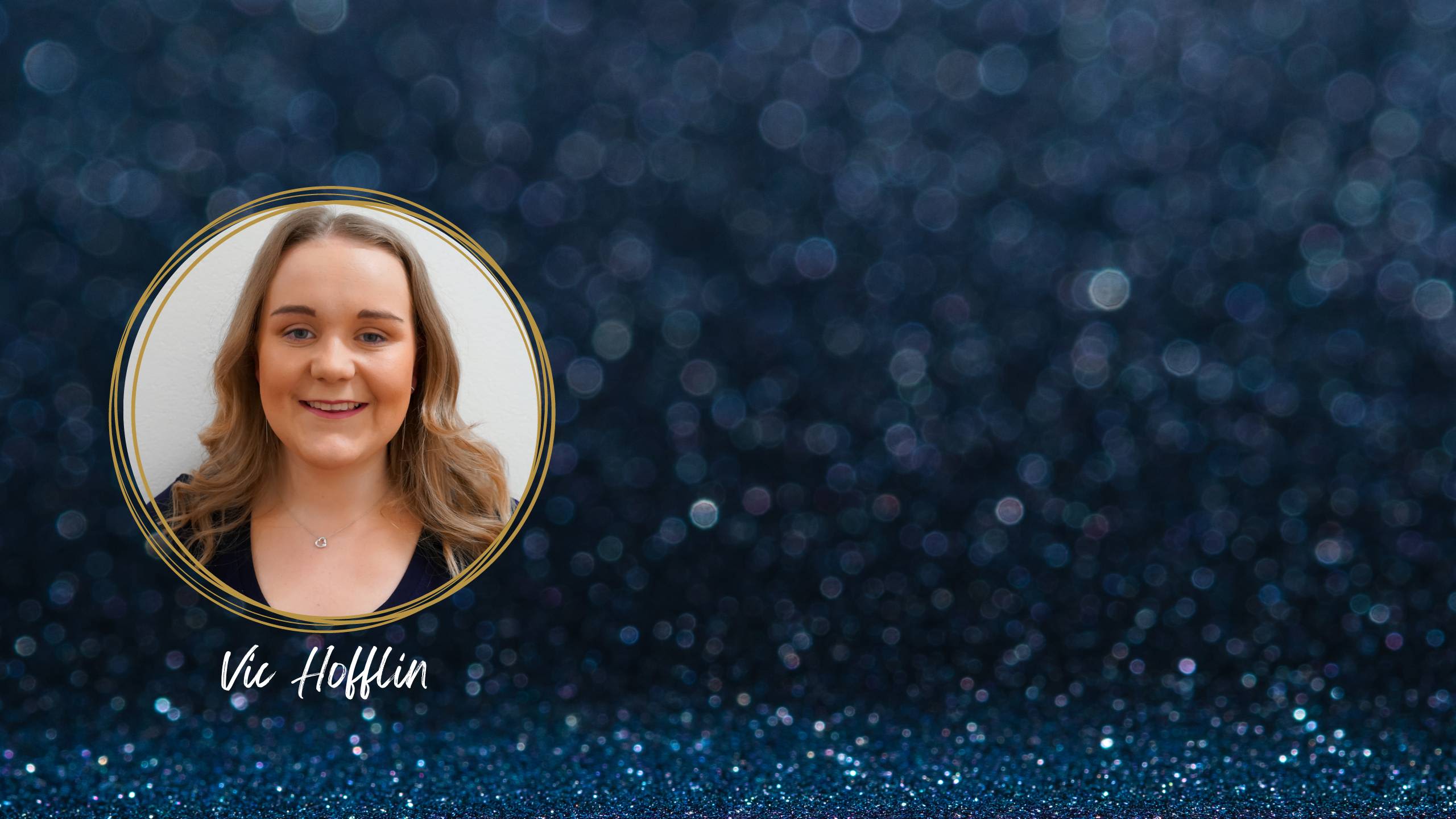
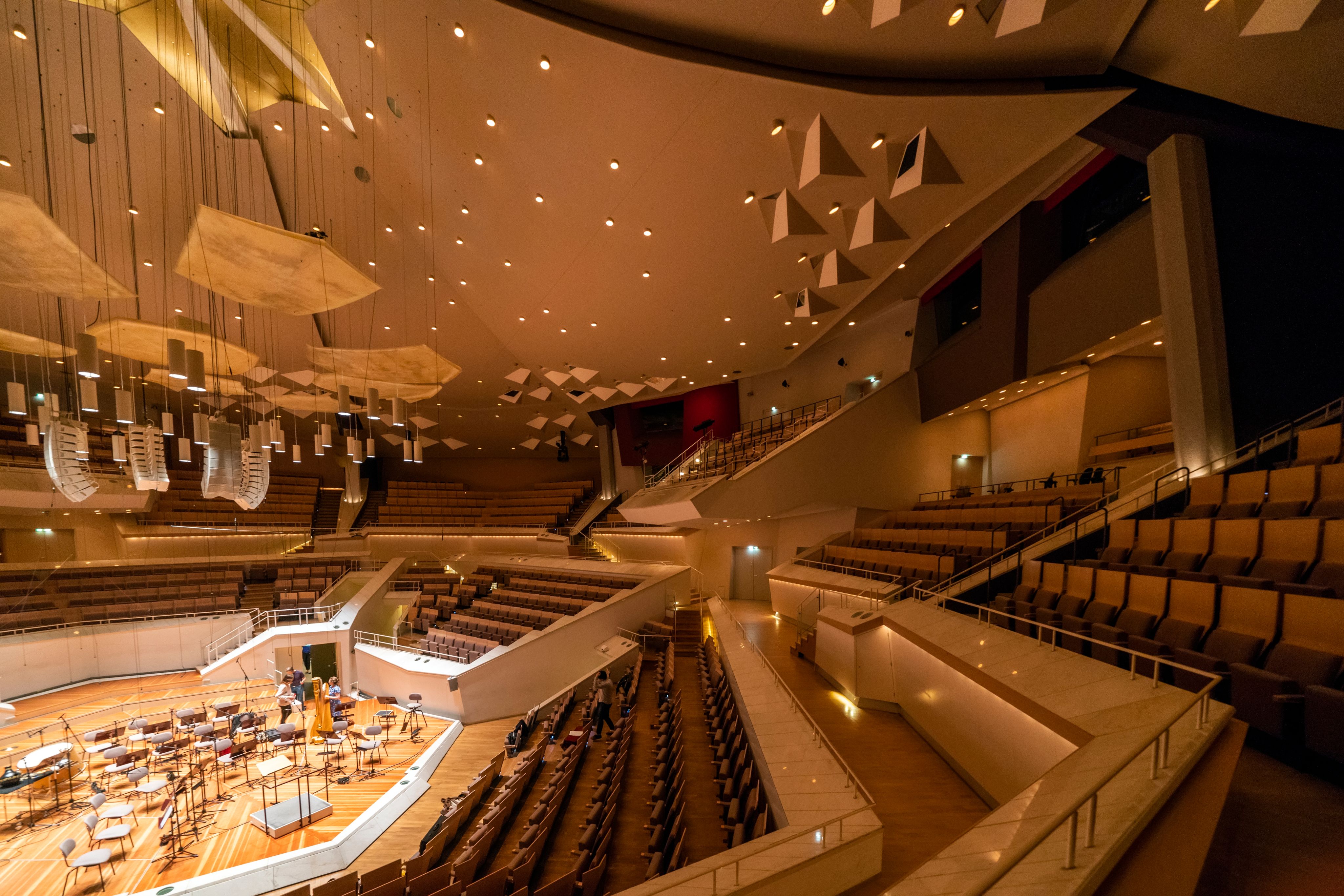
The turning point
‘It was as if we escaped the pandemic,’ says Tim, reflecting on his time in Sydney, then the US. ‘Sydney was relatively untouched when compared with Melbourne, and our family had applied to leave Australia to travel to the US, where our third child was being born in March 2021. Then, a month into our stay, the Californian government released a vaccination, so we were in the right place at the right time,’ he recalls.
While Tim was queuing for a vaccine at a Sears department store, Siobhan was sitting at her computer in Berlin, constantly refreshing her screen in a bid for tickets to a pilot performance by the Berlin Philharmonic. The concert employed COVID testing and a well-spaced audience to see if the performance sector could be revived.
‘It was the first live concert I’d attended in many months, tears streaming down my face as the orchestra played their hearts out.’
By August 2021, London’s West End was starting to open, shows were in rehearsals after 18 months’ hiatus, performances were heavily restricted.
In a twist of fate, The Lion King was the last show Vic saw before London locked down, and the first show she began working on after finishing her studies.
‘But there were no systems – backstage at the Lyceum, one of the oldest theatres on the West End, it was mandatory for us to wear masks in a 40-degree heatwave with no air-con, but the cast did not have the same rules apply to them. A lot of people were leaving because there wasn’t one set of rules for everyone.’
Out the other side
While animation had a dream run in a locked-down world, post-pandemic was another story for Tim. With a surplus of animation created in lockdown, the international buyers were hungry for live action, so it took a while to start selling Kangaroo Beach overseas.
Also, during the pandemic, the Australian government cut commercial networks’ requirements to provide children’s entertainment, and quotas are yet to be reinstated. ‘So American tech companies are getting a huge share of the Australian audience without being accountable for having Australian-made content, or content for children,’ he says. ‘Also, children’s audiences are splintering off from the major networks, and YouTube has a huge share of that audience.’
‘So there’s been a dearth of content being made recently – I’m seeing the writing on the wall for kids’ television in Australia.’
Work life has also changed for Tim, as writers’ rooms go virtual. ‘I did Series 3 of Kangaroo Beach by dialling into the writers’ rooms at 5am, and our script editors in northern NSW don’t have to fly to Sydney to work. So it’s very good for the environment.’
In the opera world, there is more streaming of performances in a hybrid format, says Siobhan, ‘so, if you can’t be there live, you can watch from home.’
Though many more things are happening online, live audiences have now bounced back to near pre-pandemic levels. Siobhan recently debuted in the role of Susanna in the Marriage of Figaro at the Royal Opera House in Covent Garden, a production that was cancelled in 2020 and 2021. ‘After a six-year gestation period for this role, I arrived in London in June 2023 with an enormous sense of relief that it was finally over the line.’
The return of live performances is positive, but Vic says she and many others have been scarred by the pandemic experience. ‘I was working freelance in the West End but have settled into a salaried role as the deputy head of audio on ABBA Voyage. I have this anxiety since COVID that it is all very fragile, and it can just be taken away from you.’
‘People are paid very little to work very hard, and a lot left, which is really sad because they spent their entire lives working in the theatre.
‘It’s a very difficult industry to break into, but people will take a chance on you now because there’s no one else. It’s been great for young people, but we’ve lost a lot of experience.’
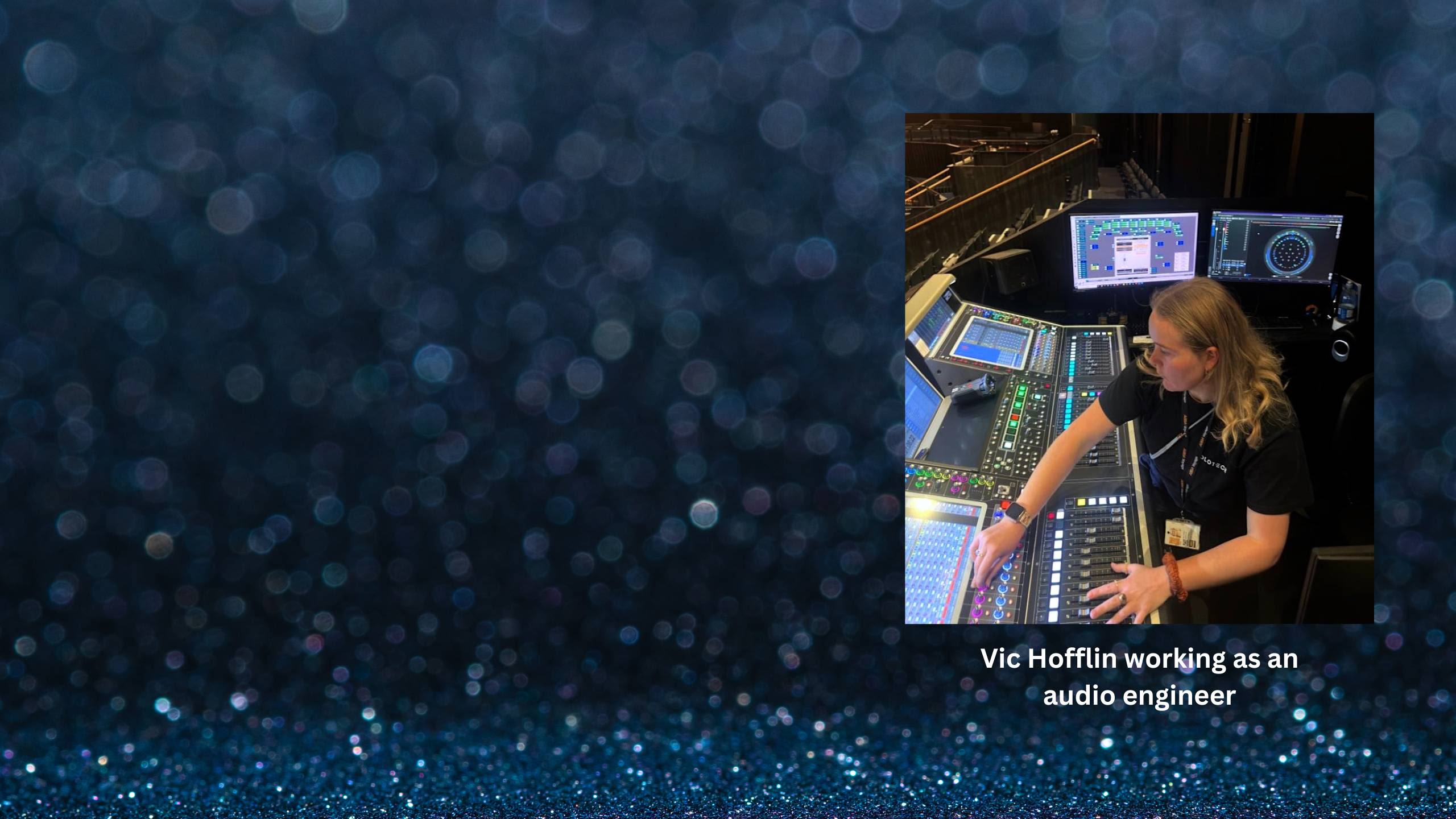
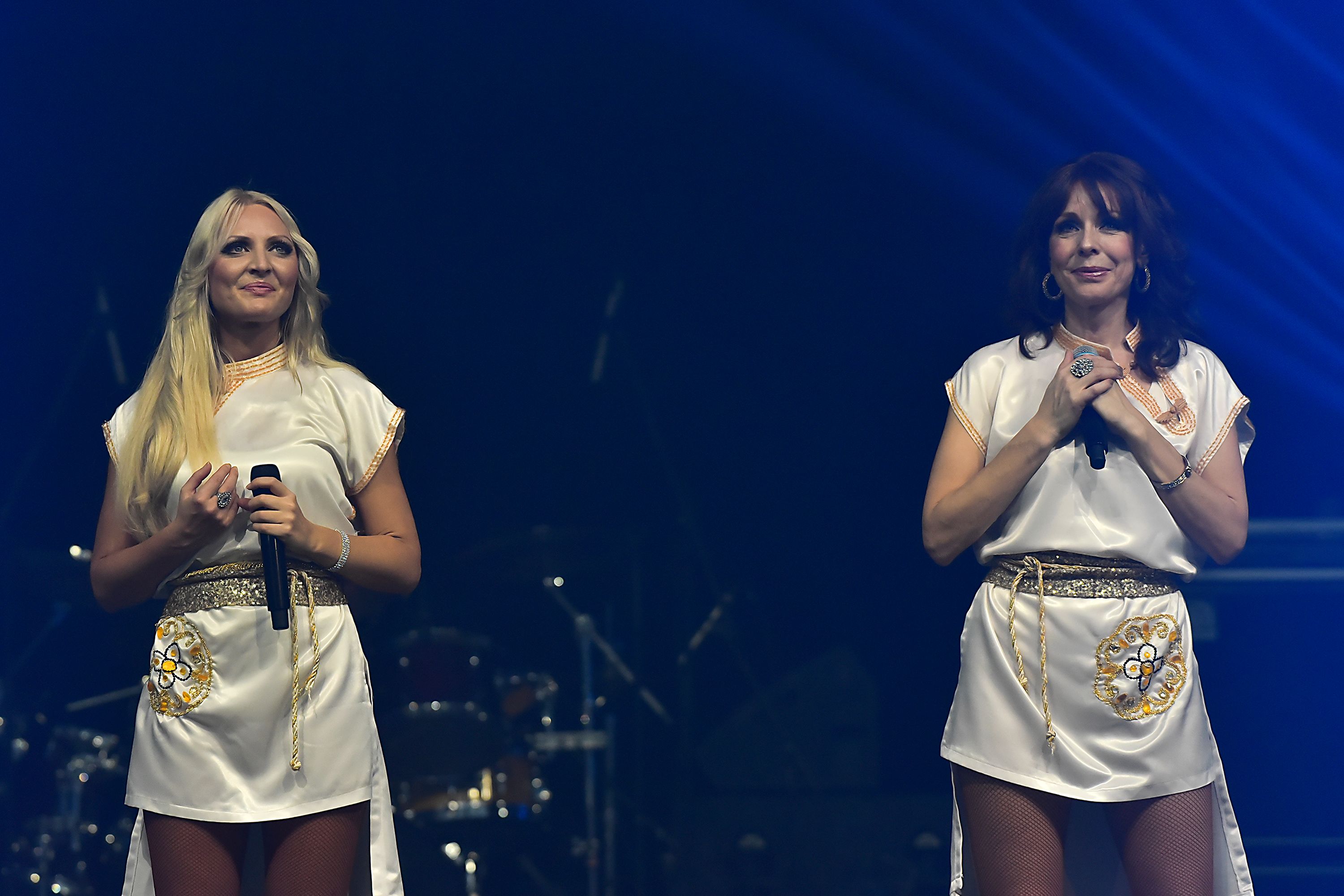
And now…
A silver lining for Vic was ABBA Voyage taking the stage earlier than expected. ‘ABBA really flourished because of COVID – it was brand new and people were eager to go. And George Lucas’ company, ILM, did all the content for us while projects such as Star Wars and Marvel were on hold.’
It’s also made Siobhan realise that you can start to give back at any point in your life.
‘We often associate philanthropy with grey hair, but you can instil habits of kindness and generosity at any time in your journey. So, this year, to celebrate the 10-year anniversary of my international career, I started three scholarships for young singers in my hometown of Mildura.’
Now based in London, Tim reports that Kangaroo Beach is in its third series, and Warner Bros. Discovery have greenlit 52 episodes of Let’s Go Bananas. ‘I am international in my writing and work on British and American shows, but I don’t have to fly anywhere now … and there’s no dressing up for Zoom anymore,’ he says.
‘It’s opened up the world for me.’
>>> READ NEXT: HOSPITALITY IN HARD TIMES